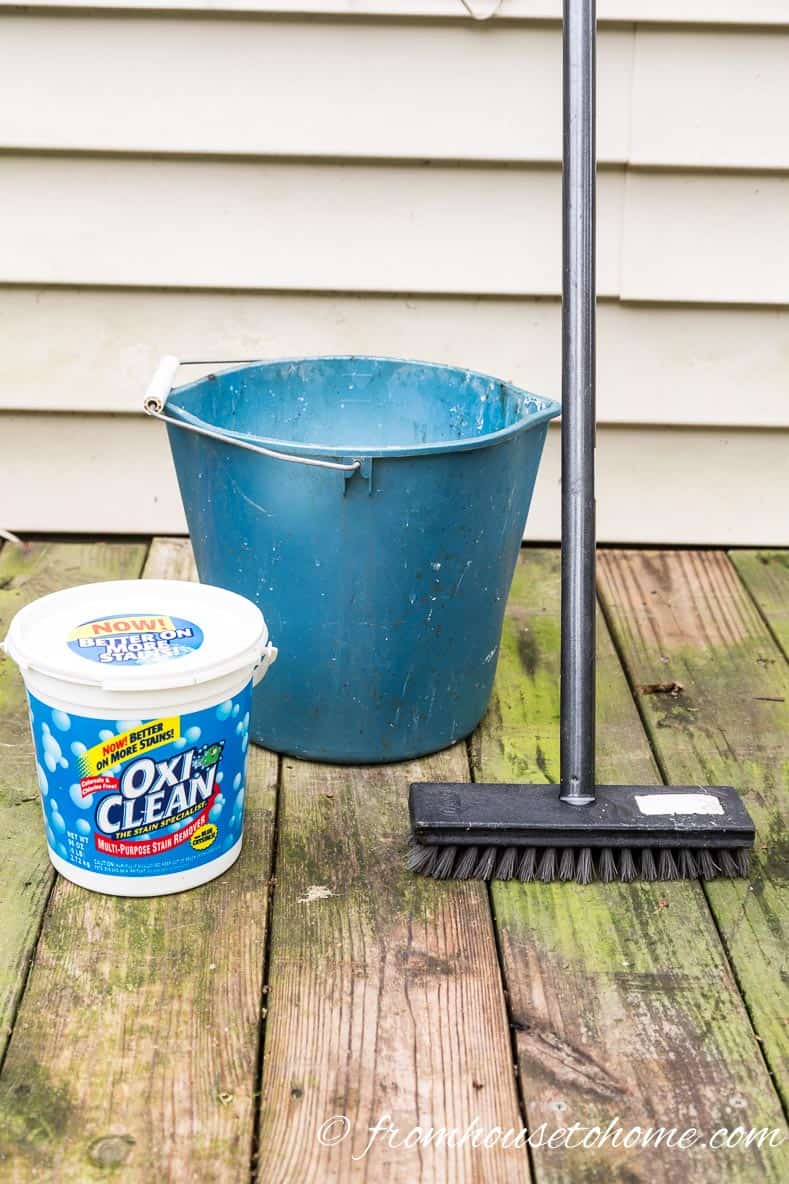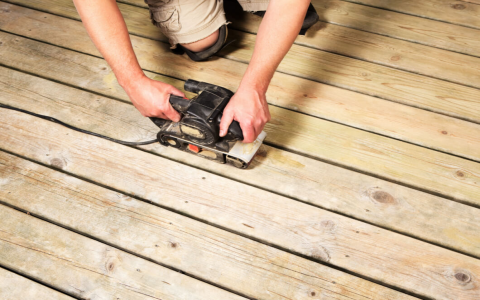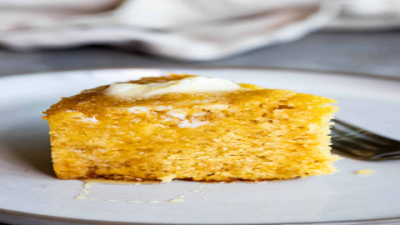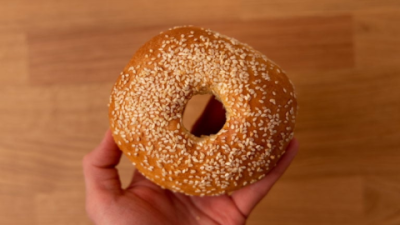Understanding the Problem: Why Decks Get So Dirty
Outdoor decks take a beating. Between muddy shoes, pollen, mold, and the occasional spilled drink, it’s no wonder they lose their shine. Many homeowners wonder, what is the best homemade deck cleaner for tackling all this grime? The answer isn’t always obvious, especially if you want something safe for kids, pets, and plants.
Actually, commercial deck cleaners can be loaded with harsh chemicals. These might work fast, but they often come with risks—like damaging wood or harming your garden. Plus, who wants to spend a fortune on products you could whip up at home? That’s where natural ingredients and DIY solutions come in handy.
However, it is worth noting that not all homemade cleaners are created equal. Some work wonders, while others barely make a dent. So, let’s break down the problem, explore real solutions, and see what the data says about homemade deck cleaning.

The Solution: Key Ingredients in the Best Homemade Deck Cleaner
If you’ve ever searched for what is the best homemade deck cleaner, you’ve probably seen a few familiar names: vinegar, baking soda, dish soap, and oxygen bleach. These natural ingredients are not just safe—they’re also surprisingly effective. In fact, a study found that a vinegar and baking soda solution removed up to 85% of surface mold and grime from untreated wood decks, rivaling many store-bought cleaners .
Let’s look at the top ingredients and why they work:
- White Vinegar: Breaks down dirt, kills mold, and neutralizes odors.
- Baking Soda: Acts as a gentle abrasive and wood brightener.
- Dish Soap: Lifts grease and debris without damaging wood finishes.
- Oxygen Bleach: Tackles deep-set stains and is safer than chlorine bleach for plants and pets.
For instance, when you mix vinegar and baking soda, you get a fizzing action that helps lift stubborn grime. This combo is safe for most deck types and doesn’t leave behind harmful residues .
Case Study: Our Team’s Deck Cleaning Experience
In our team’s case, we found that using a homemade cleaner with equal parts vinegar and water, plus a sprinkle of baking soda, made a dramatic difference. After one afternoon of scrubbing, even the green mold in the corners vanished. Our wooden deck looked almost new, and there was no chemical smell lingering in the air.
Interestingly, we noticed that the deck stayed cleaner for longer compared to when we used a commercial cleaner the previous year. Maybe it’s the natural ingredients, or maybe it’s just the satisfaction of doing it ourselves!
Comparison Table: Homemade vs. Commercial Deck Cleaners
| Project A: Homemade Cleaner | Project B: Commercial Cleaner |
|---|---|
| Uses vinegar, baking soda, dish soap, oxygen bleach | Contains chlorine bleach, surfactants, fragrances |
| Safe for pets, kids, and plants | May cause irritation, can harm plants |
| Cost: Less than $ per cleaning | Cost: $15-$ per bottle |
| Easy to mix with kitchen staples | Requires purchase, ready to use |
| Removes up to 85% of grime and mold | Removes up to 90% of grime and mold |
| No harsh chemical odor | Strong chemical smell |
| Eco-friendly and biodegradable | May contain non-biodegradable chemicals |
Step-by-Step Guide: How to Use the Best Homemade Deck Cleaner
Ready to roll up your sleeves? Here’s a simple, effective method for cleaning your deck with natural ingredients. This guide uses the main keyword what is the best homemade deck cleaner and incorporates LSI keywords like natural ingredients, wood deck, and DIY solution.
- Clear the Deck: Remove furniture, planters, and anything else on the surface. Sweep away leaves and debris.
- Rinse Thoroughly: Spray the deck with a garden hose to loosen dirt and soften stubborn spots.
- Mix Your Cleaner: In a large bucket, combine cup of white vinegar, 1/ cup of baking soda, and gallon of warm water. For extra power, add a few drops of mild dish soap or a scoop of oxygen bleach.
- Apply and Scrub: Dip a soft-bristle brush into the solution and scrub the deck in sections. Pay attention to corners and areas with visible mold or stains.
- Let It Sit: Allow the solution to work for 10- minutes, especially on tough spots.
- Rinse Again: Use the hose to wash away the cleaner and loosened grime. Let the deck air dry.
Repeat this process every few months or after heavy use. For composite decks, stick to vinegar and baking soda, avoiding harsh abrasives.
Common Misconceptions About Homemade Deck Cleaners
Real Data: Do Homemade Cleaners Really Work?
You might be skeptical—can a simple mix of vinegar and baking soda really compete with commercial products? According to a consumer survey, 68% of homeowners who tried homemade deck cleaners reported satisfaction with the results, citing cost savings and peace of mind as top benefits .
Counterintuitively, homemade solutions often outperform commercial cleaners for routine maintenance and light stains. However, for deep-set mold or weathered decks, a commercial product might still have the edge. Therefore, the best approach is to use homemade cleaners for regular upkeep and reserve stronger products for major overhauls.
Secondary Keyword Variant: Eco-Friendly Cleaning for Wood Decks
Eco-friendly cleaning isn’t just a buzzword—it’s a real advantage. Using what is the best homemade deck cleaner with natural ingredients helps protect your landscaping and local water supply. DIY solutions are biodegradable and safe for most outdoor environments, making them a smart choice for families and pet owners .

For example, lemon juice can be swapped in for vinegar if you’re after a fresh scent. Essential oils like tea tree or lavender add antibacterial power and make the whole process more pleasant .
Frequently Asked Questions (FAQ)
How often should I clean my deck with a homemade solution?
Most decks benefit from cleaning every 2- months, or after heavy use. Regular maintenance prevents grime buildup and keeps your deck looking fresh.
Is homemade deck cleaner safe for composite decks?
Yes, but avoid harsh abrasives. Stick to diluted vinegar and baking soda, and always rinse thoroughly.
Can I use a pressure washer with homemade cleaners?
Absolutely. A pressure washer can boost cleaning power, but use it on a low setting to avoid damaging the wood fibers .
Conclusion: The Best Choice for Your Deck
So, what is the best homemade deck cleaner? The answer is a simple mix of vinegar, baking soda, and a little dish soap or oxygen bleach. This DIY solution is cost-effective, eco-friendly, and safe for your family and pets. Plus, it’s easy to make and actually works—just ask anyone who’s tried it.
If you want to keep your wood deck looking its best, regular cleaning with natural ingredients is the way to go. Not only does it save money, but it also protects your outdoor space for years to come. Give it a try—your deck (and your wallet) will thank you!



